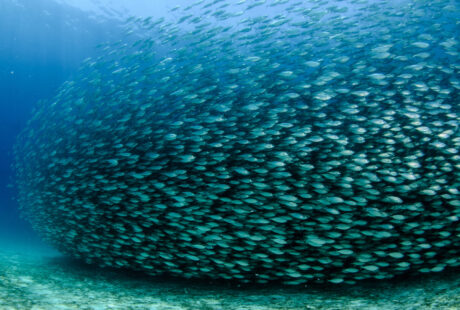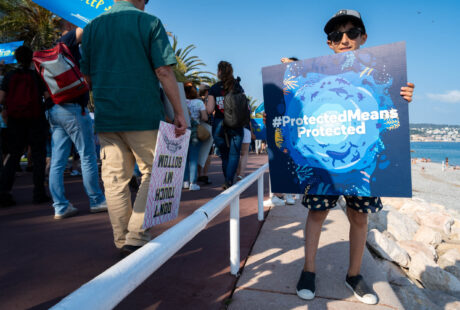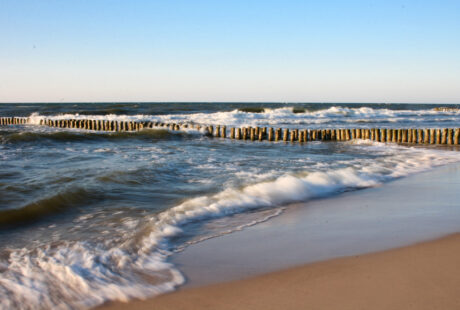What: Join environmental NGOs in a visually impactful action to mark World Fisheries Day, calling on the EU Commissioner and fisheries ministers to #EndOverfishing ahead of the December Agrifish Council. The action will provide sensory reminders of how large and plentiful fish used to be, while highlighting some of the most depleted species in the Northeast Atlantic and Mediterranean. It will be followed by photo/interview opportunities.
Who: Oceana, Seas At Risk, Our Fish, ClientEarth, WWF, Birdlife, Birdwatch Ireland and The Fisheries Secretariat
When: Monday 21 November 12:00-14:00 pm CET
Where: Meet us between the Council of the EU Justus Lipsius building and the EU Commission’s Berlaymont building, on the pedestrian precinct area in front of rue de la Loi 175 – Brussels: https://goo.gl/maps/LL1QThKtiwqXRXrx5
Why now: To mark World Fisheries Day and influence the EU’s position for the negotiations on the setting of 2023 catch limits for Northeast Atlantic fish stocks. The EU is in the process of agreeing 2023 catch limits for the stocks shared with other parties, such as the UK and Norway. At the December Agrifish (agricultural & fisheries) Council, catch limits for exclusive EU fish stocks will also be adopted. NGOs want to urge the EU Commissioner responsible for the ocean and fisheries, and EU fisheries ministers gathering in Brussels, to end overfishing and set these catch limits in line with scientific advice.
About: Overfishing is the most serious threat to our ocean. It is the biggest driver of marine biodiversity loss and critically undermines the resilience of fish and other wildlife to climate change. Every year the EU reaffirms its commitment to sustainable fishing – only to then ignore the science when setting fishing quotas. Via this visual action, environmental NGOs will urge EU decision-makers to take a more precautionary and long-term approach to save our fish and marine environment.
Year after year, over 20 Northeast Atlantic fish stocks are severely depleted and many others are overfished. These stocks include herring in the Irish Sea, Celtic Sea and southwest of Ireland; Western Atlantic horse mackerel; and Irish Sea whiting. But it is cod, an iconic and much-loved species, which is in a particularly dire state, as all its stocks, from the North Sea to the west of Scotland, Irish Sea or Celtic Sea, are at, or near, historically low levels. For most of these stocks of concern, scientific advice from the International Council for the Exploration of the Sea (ICES) is for a major reduction in catches, or for no catches at all.
According to a European Commission report on the performance of the Common Fisheries Policy from April 2022, 28% of assessed Northeast Atlantic fish stocks and 86% of those in the Mediterranean and Black seas are subject to overfishing. Another recent report by ClientEarth highlights that the EU has made particularly poor progress in following scientific advice for data-limited stocks, and much more rarely follows advised quota cuts than advised increases.
Videos and information on the setting of catch limits available at: https://europe.oceana.org/our-campaigns/securing-sustainable-fisheries-management/
Please let us know if you wish to join (so we can keep you updated on the latest information regarding this event) at
Languages on-site: English, French, German, Spanish, Portuguese & Polish
Posted on: 14 November 2022



